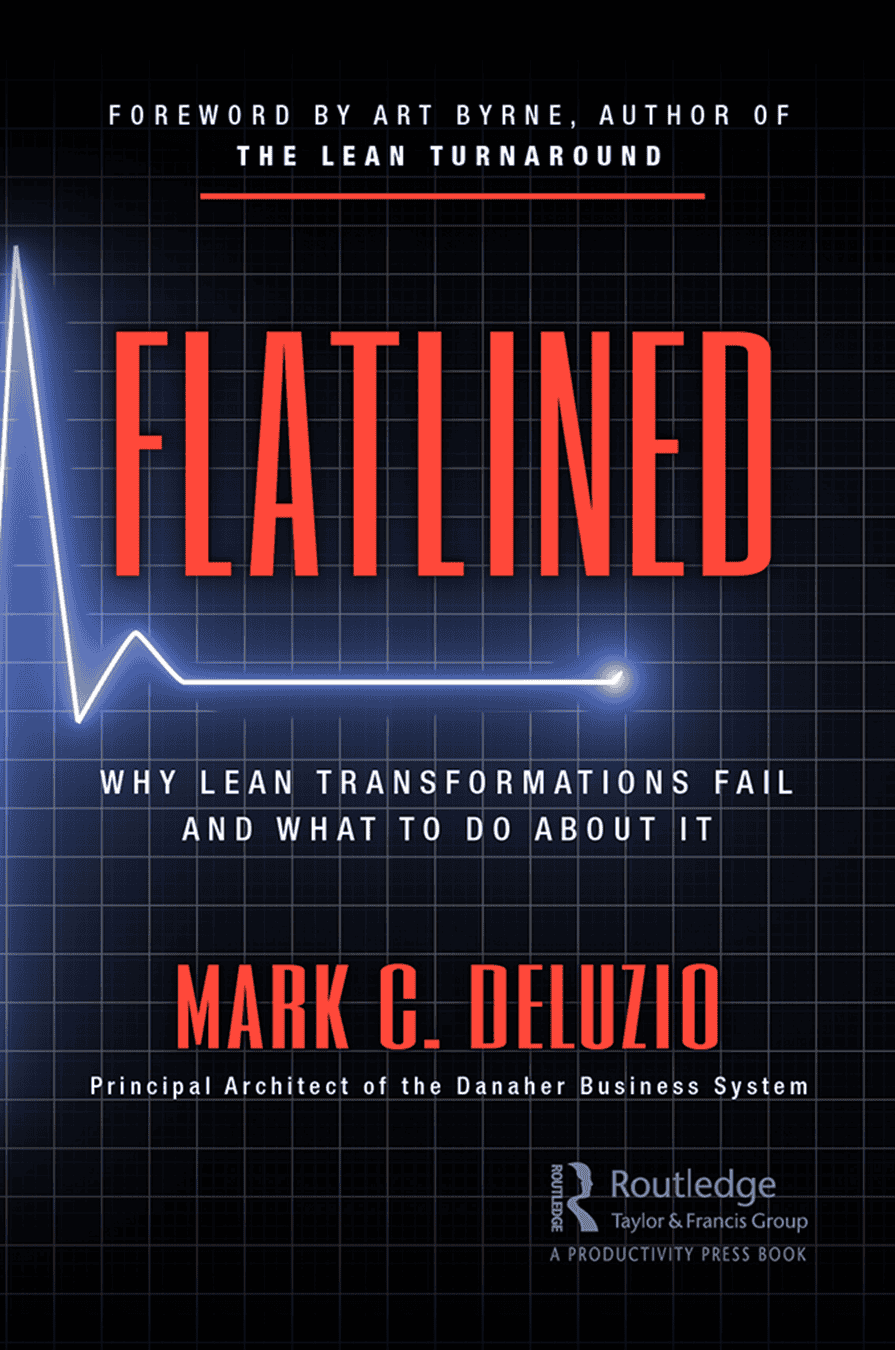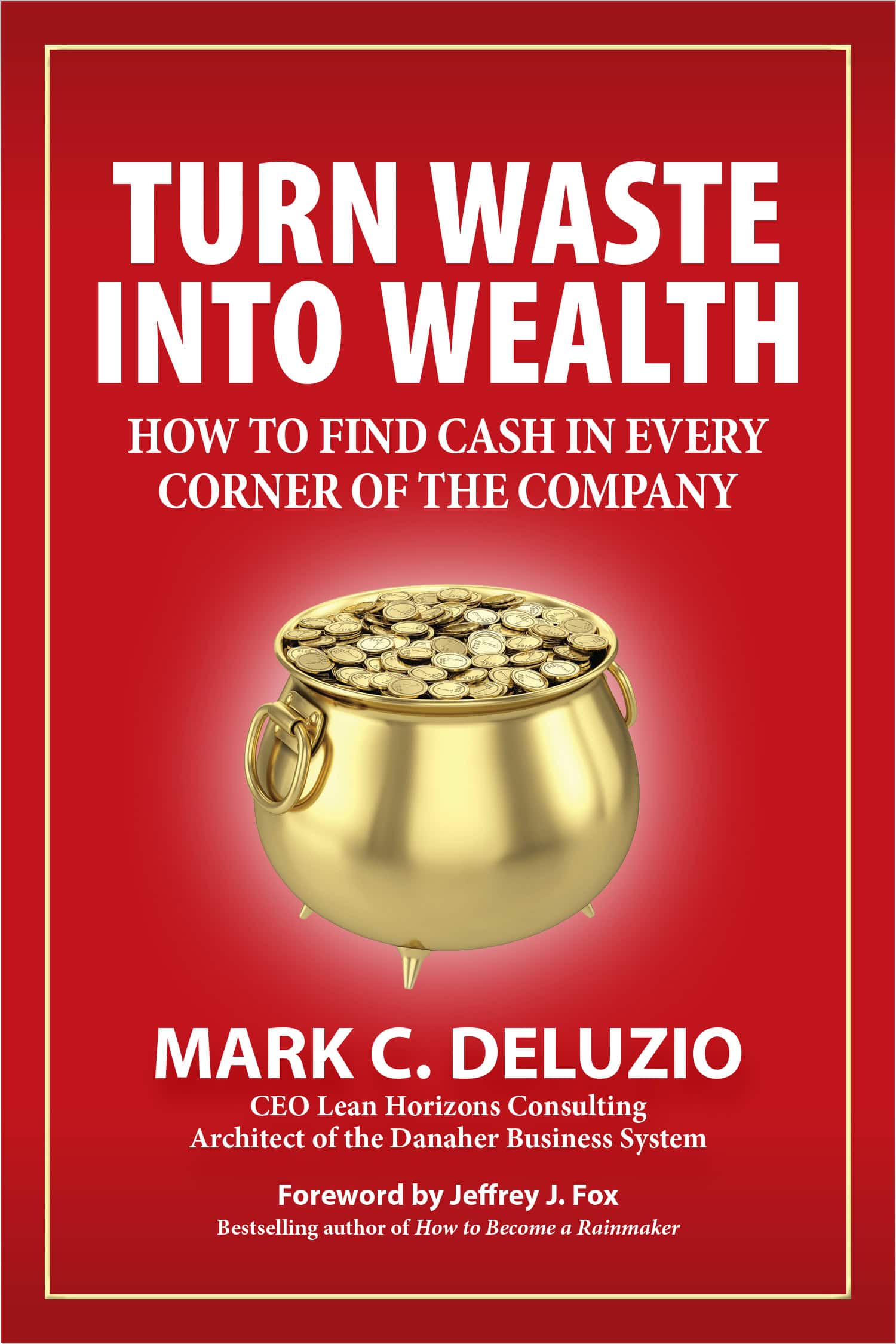Applying Lean to improve existing operations or integrate acquisitions creates value for customers and investors, alike.
Lean as a system informs your organization’s culture and is the backbone to producing and selling quality products or services that customers need or want. Lean Manufacturing gives your company the flexibility to work with customers on their issues, improve internal processes to better your customer interfaces and generate cash, and improve the flow of products and services to the marketplace. Through the use of Lean tools and techniques, your organization thinks and responds differently and begins to build a “real-time” enterprise capable of delivering products, services, materials and information on demand.
The Driving Force
Lean Manufacturing provides talent and learning development to cross-functional, multi-functional teams throughout the enterprise. The series is especially beneficial to operators, work teams (cells), engineers, front line supervisors, management and continuous improvement teams.
The Benefits
Our lineage and diligence to the Taiichi Ohno Autonomous Study Group and our deep content knowledge and experience-based competencies result in a Lean Manufacturing training suite providing both knowledge transfer to employees and proper understanding to management.
Designed with both implementation and deployment in mind, the Lean Manufacturing suite includes:
- A standardized approach to knowledge transfer, implementation and deployment that is easy to understand and simple to engage and integrate with your current Continuous Improvement program(s)
- Emphasis, not only on the tool itself, but on aligning of the tool(s) with improving business objectives (metrics)
- A set of recommended tools, selected from hundreds of tools and methods in the marketplace, that are most applicable to Lean implementation, eliminating the need for extensive research to pick the right tools to use
- Professional, high quality materials with examples and step-by-step instructions
The Lean Horizons Approach
Lean Manufacturing educates your associates on the full spectrum of Lean tools and, more importantly, introduces each tool in the proper context and application – when and where to use the tool – along the Lean journey. The Lean Horizons Lean Manufacturing suite includes:
Introduction to Lean: This module introduces the basic concepts, approaches and benefits of Lean. Versions of this module are tailored to meet the learning needs of a variety of audiences. One-day and two-day programs are specifically designed for Senior and Middle Management, with separate modules available for the general population.
5S: Sort, Straighten, Scrub, Stabilize, Sustain: a visually-oriented system for organizing the workplace to minimize the waste of time. This module is a foundational tool that links workplace organization to visual management to drive improvement at all levels.
CEDAC: Cause and Effect Diagrams with the Addition of Cards is a Deming prize-winning problem-solving methodology that is particularly applicable to solving complex business problems with cross-functional teams. Participants will learn about the tools and experience the process in detail.
Cell Design: Integrating many of the principles of Lean Manufacturing, this module covers the basic principles of cell design including: Basic Fundamentals, Layout, Staffing, Standard Work in Process Inventory, kanban, Standard Work and Visual Management.
Kaizen Process: A focused methodology used for the implementation of Lean (office or factory), this module covers the structure of a kaizen event (preparation, execution, and follow up) and the keys to results-oriented execution and implementation. This is a disciplined process that is critical for Lean transformations.
Kaizen for Leaders: This session provides a viewpoint for leadership on the critical skills and actions required to lead change and continuous improvement in their organization. Under the guidance of our Lean experts, leadership will explore and discuss topics including roles, responsibilities and expectations when engaging Lean.
Kanban: Kanban is one of the methodologies in Lean that is commonly used during the transition ‘from batch to flow.’ In this module, the kanban development process is covered in detail.
Leadership Lessons from Toyota: Participants will take part in an interactive training session and discussion highlighting why Toyota is so successful and what leadership teams can learn from their experiences.
Lean Accounting: This module provides an in-depth overview on why Lean Accounting is critical for a successful Lean implementation and how it differs from traditional managerial accounting.
Lean Problem Solving: This module may be incorporated into any Lean kaizen event or may be used stand-alone to introduce teams to basic Lean problem-solving tools and methods. Participants will learn which tools are best suited for solving particular problems.
Poka-yoke: Commonly referred to as “mistake-proofing,” poka-yoke participants will learn the fundamentals about the role, use and function of poka yoke. This module includes examples from assembly, machine shops, office and warehouse operations.
Process Mapping: Participants learn through instruction, examples and exercises how to properly document business and technical processes in a way that supports both Lean problem solving and continuous improvement.
SMED: Single Minute Exchange of Dies, or SMED, is a critical tool to drive reductions in time when changing from one process or model to another, which maximizes return on investment and economic value added. SMED is a technique used to create both capacity and flexibility within operations. This module takes one through both the tools and methodology for implementing and sustaining SMED activities.
Standard Work: Encompassing the most comprehensive list of waste identification tools, this series introduces and illustrates each of the fundamental Lean tools: takt time, time observation, bar charts, standard work combination sheets, spaghetti diagrams, 5S, production control boards, standard work in process inventory, kanban and more.
Total Productive Maintenance: Total Productive Maintenance is an approach to maximize the uptime and efficiency of plant equipment while improving the quality of the product. As companies move forward on their Lean journey and inventory and work in process are reduced and throughput is improved, reliability of equipment plays a crucial role. This module goes beyond restoring and repairing equipment. TPM will drive out equipment-related waste through continuous improvement.
Visual Management: The ability to determine abnormal from normal is a fundamental capability. Building processes where visual management is the initial indicator of waste is how sustainable continuous improvement becomes a reality. Focused on operator, supervisor and management awareness, visual management becomes a core competency of any Lean transformation.
Value Stream Mapping (VSM): Establishing a reason for change and a roadmap for improvement are keys to gaining management and executive support. VSM (focused on material flow) is a technique and a methodology used to gain a common understanding of the current state and the opportunities for improvement. Included in the VSM module are: business case, current state VSM, future state VSM, and implementation plan.

